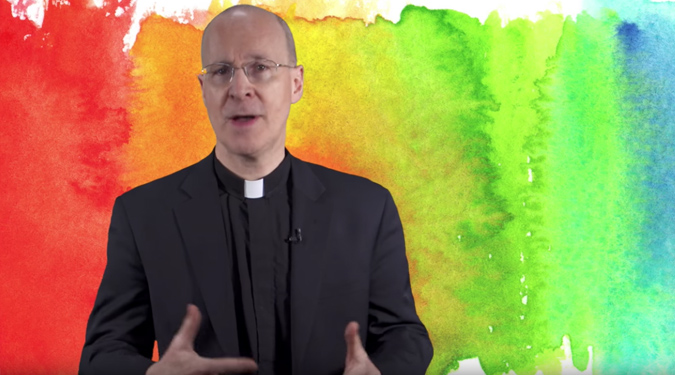(TCWR. Eduardo Echeverria).
By the triumph of the therapeutic mentality, indeed therapeutic way of life, I mean a gospel of personal happiness in which happiness rests on the justification of self-authenticating experiences. This therapeutic way of life is pervasive throughout the domain of, for example, homosexual sexual experiences in which “no criteria of validity [for those experiences is offered] other than the therapeutic experience of conviction.”2 In response to the question—by what standards are these experiences to be judged?—the therapeutic mentality presupposes that a person’s life experience is self-validating. Experience is granted an authority that sometimes even for Christians trumps the Bible’s own moral authority;3 indeed, an individual’s experience is taken to be “a final arbiter of truth and falsehood in the Church.”4 But I shall argue that this turn to individual experience as self-validating or authenticating is “no more acceptable that any of the other historically recurring attempts to make of private inspiration a supreme court for adjudicating the gospel.”5 In the epigraph to this article, Aidan Nichols correctly affirms, “It is not experience we should trust but the transmutation of experience by Scripture and Tradition.”A good example of the therapeutic mentality is found throughout the recent book by James Martin, SJ, titled Building a Bridge: How the Catholic Church and the LGBT Community can Enter into a Relationship of Respect, Compassion, and Sensitivity (hereafter, BB).6 Significantly, Fr. Martin does not argue for the authority of experience as self-justifying; rather, it is a presupposition of his work. There are two other presuppositions that play an important role in Fr. Martin’s work: his understandings of dialogue and of respect.

